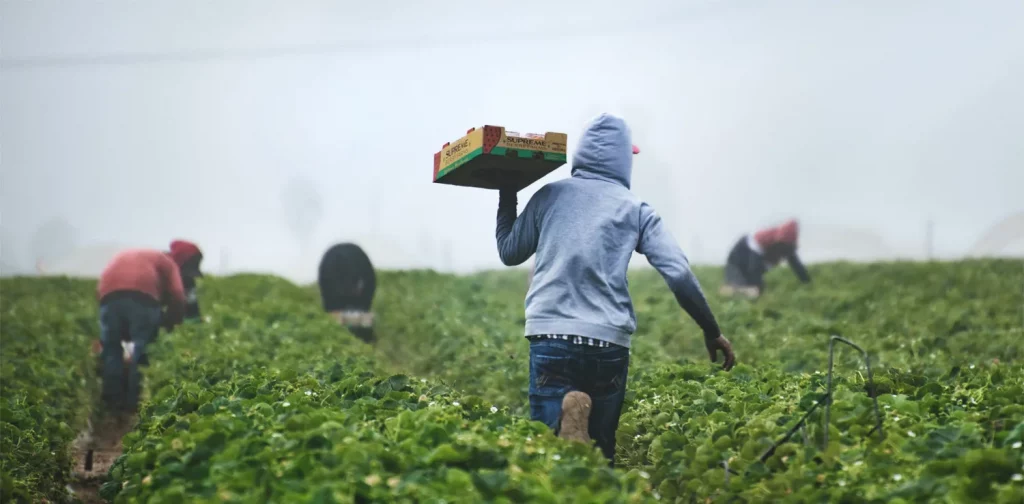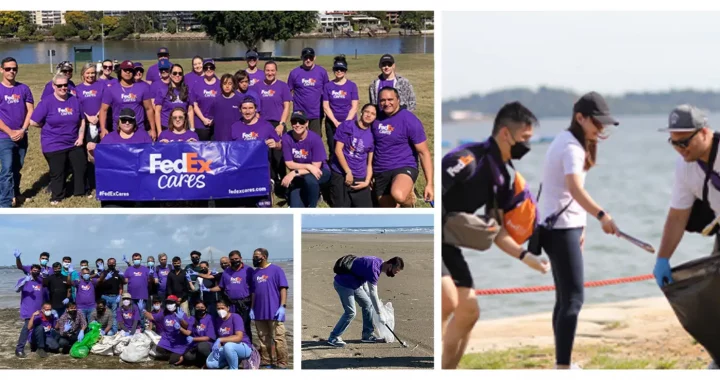How New Zealand Plans to Combat Modern Slavery

Photo by Tim Mossholder on Unsplash
What comes to your mind upon hearing the word slavery? We might think of it as a problem of ancient times or an atrocious custom we have to learn during history lessons. Yet, the International Labour Organization (ILO) recorded that there were still 40.3 million people trapped in modern slavery in 2016.
Modern-day slavery still exists even in developed countries. In New Zealand, progress is being made to combat modern slavery.
A better audit system
Today, there is a growing demand from consumers, government, and investors for businesses to ensure that their supply chain isn’t engaging in worker exploitation. Therefore, companies need to audit regularly as proof of compliance.
However, social practices audits can be quite problematic. The employers can gloss over the actual condition by cherry-picking the workers to interview and ensuring a pristine workplace condition on the audit day. Ethical VOICE by Ask Your Team saw the need for a better audit system.
The New Zealand-based company developed the survey platform to help stamp out modern slavery. Ethical VOICE’s key is giving every worker within a company the opportunity to provide feedback freely with its anonymous feature.
Not only that, but the platform is also accessible online and mobile-friendly. Eventually, Ethical VOICE aims to provide data and insights that are more comprehensive, effective, and inclusive than the usual audit method.
The company is partnering with New Zealand’s Apples and Pears to pilot Ethical VOICE across five apple companies, covering 1,524 workers in Hawke’s Bay. The pilot project generated an average of 84% satisfaction across all questions, therefore considered successful according to Gary Jones, Manager of Trade Policy & Strategy at NZ Apples and Pears, as cited from Scoop.
A better regulation
On a national scale, the government of New Zealand has launched the Plan of Action against Forced Labour, People Trafficking and Slavery in 2021. The Plan of Action outlines 28 actions the government agencies are going to take until 2025. Policy work is currently underway under the Plan of Action to explore options to address modern slavery, both in New Zealand and internationally.
The government is opening a public consultation period on the legislation. Through the feedback from the general public, the government wants to discover the best way to facilitate and encourage best practices to support fairness inside supply chains; the impact, benefit, and costs of the proposals on all individuals; and the best ways to design and implement the proposal. The consultation period will last until June 7, 2022.
A better future for workers
To see workers still being denied their rights today is a terrible and concerning reality. Protecting workers from exploitation is the government’s responsibility, which can only be enacted truly with the cooperation and initiatives from businesses and the feedback from the general public. Afterall, We cannot truly progress into a fairer world without collaborating in securing the fundamental rights of everyone, including decent employment.
Editor: Nazalea Kusuma
Kresentia Madina
Madina adalah Asisten Manajer Publikasi Digital di Green Network Asia. Ia adalah lulusan Program Studi Sastra Inggris dari Universitas Indonesia. Madina memiliki 3 tahun pengalaman profesional dalam publikasi digital internasional, program, dan kemitraan GNA, khususnya dalam isu-isu sosial dan budaya.

 Test Custom Feature Image
Test Custom Feature Image  Electric Vehicles Roam the Roads of Kenya
Electric Vehicles Roam the Roads of Kenya  FedEx Engages Employees with Beach Clean-Up Initiative
FedEx Engages Employees with Beach Clean-Up Initiative  Come Back Stronger: Building Philippines’ Resilient Economy Post-COVID-19
Come Back Stronger: Building Philippines’ Resilient Economy Post-COVID-19  Inside Experian’s Sustainability Journey: An Interview with Chief Sustainability Officer Abigail Lovell
Inside Experian’s Sustainability Journey: An Interview with Chief Sustainability Officer Abigail Lovell  5 Food System Actors That Have Taken the 123 Pledge to Reduce Food Loss & Waste
5 Food System Actors That Have Taken the 123 Pledge to Reduce Food Loss & Waste  Test premium post
Test premium post